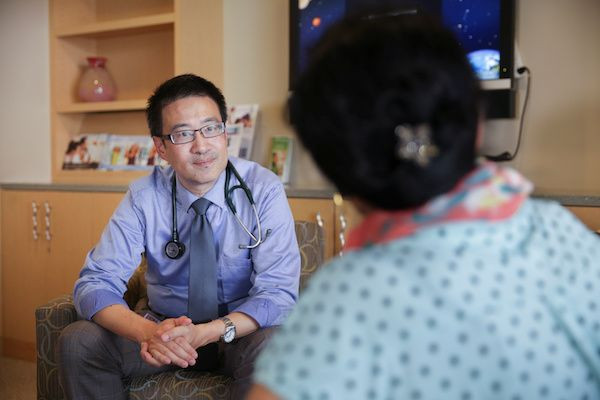5G Will Improve Healthcare Setting Through Advanced Medical Applications

The world of technology is slowly transitioning to 5G, and the healthcare industry is expected to be one of the sectors that will largely benefit from the move.
Intel’s general manager of advanced 5G technologies, Robert Topol, said on Thursday that 5G will have various applications in the healthcare setting. At the start, such applications will be limited to non-invasive ones, Digitimes has learned.
According to Topol, the medical applications of 5G technology will be felt mostly in telemedicine especially in telehealth, teleconsultation, telesurgery demonstration and other procedures that employ a non-invasive approach.
Topol said Intel is optimistic that 5G will usher in a new period of transformation in areas that do not involve the use of instruments and apparatuses being inserted in the patient’s body. Intel also believes the commercialization of 5G will open doors to other business opportunities in the medical field.
The wide network coverage and low-latency transmission of 5G are also expected to enable robots to do regular rounds in hospitals and allow elderly patients to receive treatments without going outside. Moreover, the advanced wireless technology is expected to upgrade the healthcare quality in remote areas.
Last year, telecommunications equipment company Qualcomm noted how 5G is going to transform the healthcare industry by integrating electronic communications into medical care and improving doctor-patient relationship.
Qualcomm pointed out that devices with remote medical sensors could be used by patients from the comfort of their homes, and such devices could transmit vital information to health care providers. This way patients’ health data could be readily accessible to doctors and caregivers for monitoring purposes.
The company further said that 5G is going to realize digital networking and upgrade healthcare experiences by offering a more advanced way for medical professionals to check on their patients anytime and anywhere.
Ericsson also said the same thing about 5G in a report published earlier this year. “5G will enhance many existing use cases while creating new ones unfulfilled by current technologies, such as remotely performed patient examinations and even operations. … Very low end-to-end latency and ultra-reliable communications will prove essential to the provision of instant communication regarding patients’ conditions ...”
© Copyright IBTimes 2024. All rights reserved.





















